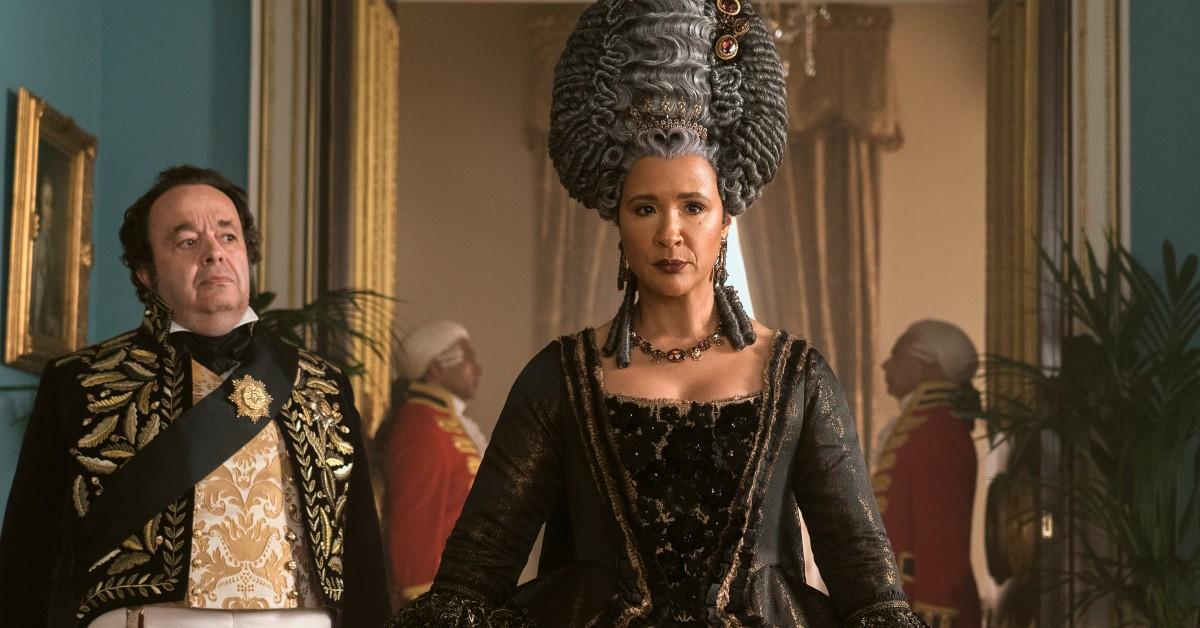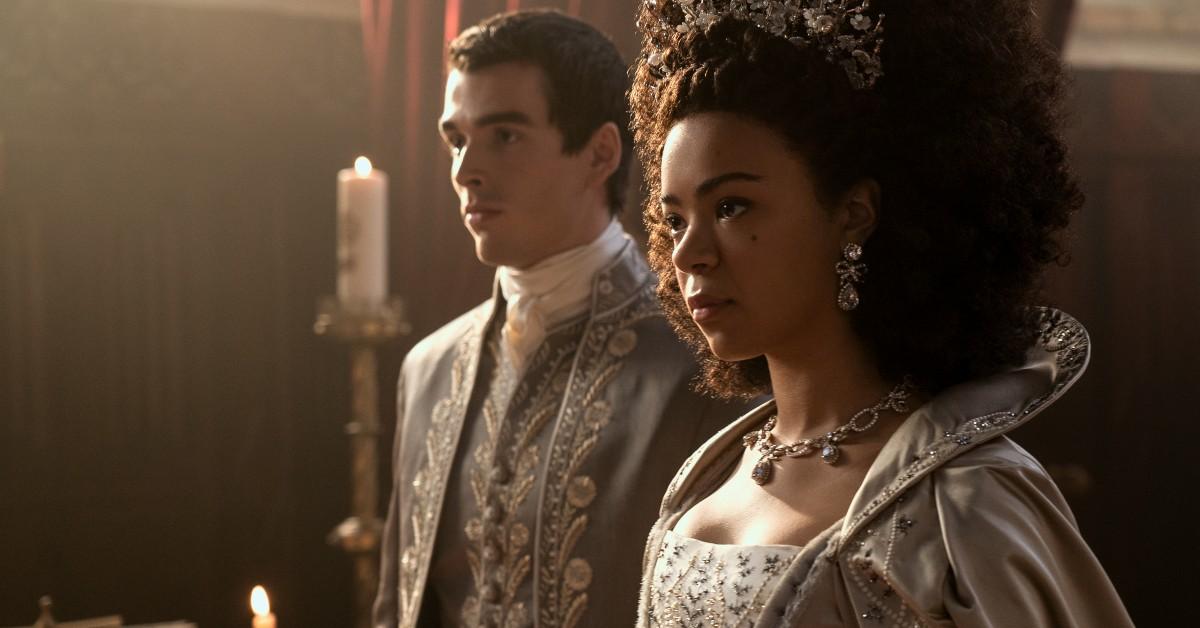Was the "Great Experiment" Actually a Thing in England or Just 'Bridgerton' Fiction?
Published May 22 2023, 3:50 p.m. ET

Young Queen Charlotte (India Ria Amarteifio) didn't sign up to be the symbol of the "great experiment" when she was betrothed to young King George III (Corey Mylchreest) in Queen Charlotte: A Bridgerton Story.
However, she ends up fully embracing her role in order to make her new country's upper class far more diverse than it had been in the past.
So, what is the "great experiment" anyway? Was it something that actually occurred in England during the reign of the real King George III and Queen Charlotte?
Here's everything we know.

What is the "great experiment"? Did it really happen in England?
Unfortunately, there was no real life historical precedent for the "great experiment" that occurs in Queen Charlotte: A Bridgerton Story.
While there was no such thing as the great experiment in England during the reign of the real King George III and Queen Charlotte, there has been some ongoing historical debate over whether or not the real Charlotte has Black ancestry.
However, historically speaking, slavery was still unfortunately very much a thing in England when the real King George III ascended the throne in 1760.
England wouldn't officially abolish slavery until 1807, when parliament passed the Abolition of the Slave Trade Act.
What happens with the "great experiment" in 'Queen Charlotte: A Bridgerton Story'?
Warning: The following section contains spoilers for Queen Charlotte: A Bridgerton Story on Netflix.
Let's just say we like the version of history that Queen Charlotte: A Bridgerton Story went with a lot better than the real thing (thanks Shonda Rhimes)!
In the show, young Agatha Danbury (Arsema Thomas) quickly realizes that the successful integration of titled Black nobility into the English ton rests entirely on Charlotte's shoulders.
At one point, Agatha even calls out Charlotte for being so obsessed with George that she can't see the bigger picture — the great experiment was doomed to fail if Charlotte didn't pull it together and embrace her role as queen of all of her people, not just rich white nobles.
Of course Agatha had a huge stake in the "great experiment" too — even though she's technically far more royal than a lot of the ton (being descended from the royal bloodline of the Kpa-Mende Bo Tribe in Sierra Leone).
However, in England, Agatha still has to fight tooth and nail for her title, especially after her husband dies. So while Agatha wants to great experiment to work for the sake of others, she also does have a huge personal reason why she gets so frustrated with Charlotte for failing to see that her walls were too high.
In the end, the "great experiment" is a success when Charlotte finally realizes that she has the most powerful platform in the country to unite her people — so she finally decides to do something about it.
The effects of Charlotte's actions are still seen during each and every season of Bridgerton.